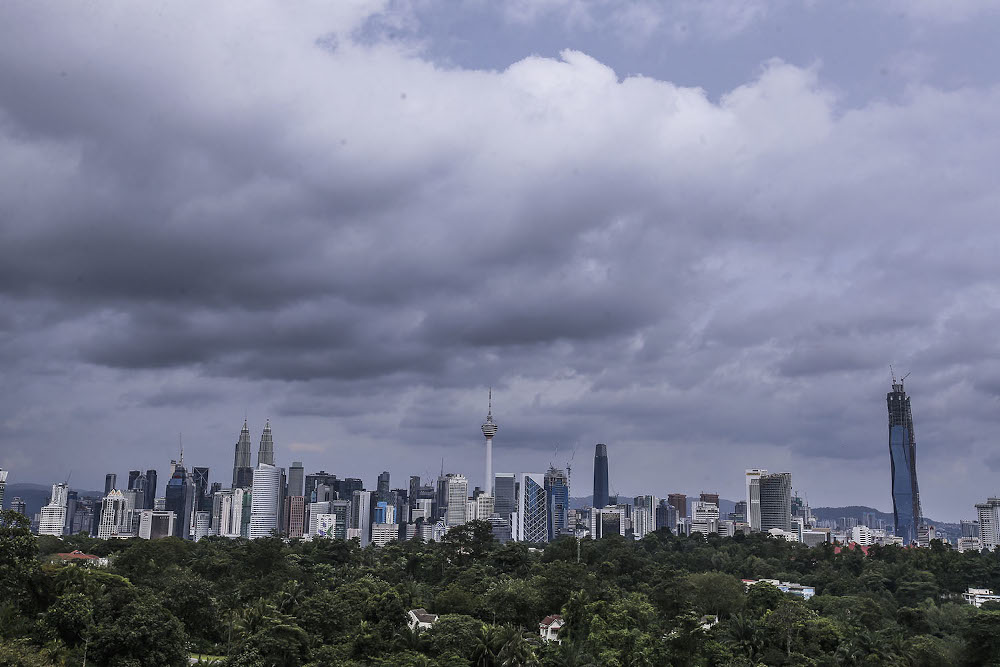KUALA LUMPUR, Feb 16 — The start of the country’s vaccination programme later this month should help improve sentiment as Malaysian consumer activity should rebound considerably in the latter part of 2021.
This is if the country comes close to attaining herd immunity which appears likely by February 2022, should the vaccination programme proceed according to plan, said HSBC Global Research.
In a research note today, chief economist, ASEAN, Joseph Incalcaterra said the Malaysian economy ended 2020 on a weak note, which was not too much of a surprise as the latest wave of Covid-19 infections has proven to be incredibly tenacious, impacting consumer mobility and spending at the end of the year.
As a result, he said the 2020 full-year Gross Domestic Product (GDP) contraction of -5.6 per cent slightly undershot the government’s -3.5 to -5.5 per cent forecast range.
“Unfortunately, conditions are likely to deteriorate further in the first quarter of 2021 given the imposition of a fresh one-month movement control order (MCO), putting the government and Bank Negara Malaysia’s (BNM) 2021 6.5-7.5 per cent GDP forecast range at risk.
“Even though the lockdown has since been relaxed, consumer mobility is unlikely to improve as new cases continue to rise at an elevated pace in February,” he said.
But it’s not all bad news, he opined, as for one, the recent restrictions are slightly less onerous compared to the lockdown in early 2020, and crucially, should have a minimal impact on the manufacturing sector.
He also viewed the outlook for Malaysia’s industrial production and exports would continue to strengthen, with exports in Malaysia to outperform due to robust global semiconductor and broader electronics demand.
Despite weaker net foreign direct investment (FDI) inflows in 2020, he noted manufacturing FDI approvals increased over the course of 2020, which suggests further capacity additions, most of which are in the semiconductor space.
“At the same time, higher liquefied natural gas and palm oil prices are clearly a welcome development for Malaysia,” he said.
Incalcaterra added that despite the immense disruptions of the pandemic, a relatively robust policy response in Malaysia has helped to prevent structural damage seen elsewhere.
“Well-targeted fiscal policy support allowed for a relatively resilient labour market, with somewhat limited retrenchments, while loan moratoria and subsidised facilities helped protect the financial position of small and medium enterprises and consumers,” he said.
But in the short term, he viewed some more assistance will be needed to offset the impact of the latest lockdown.
“Alas, there is limited room for fresh fiscal policy stimulus, even with the recent rise in oil prices. The government may continue to reallocate expenditure towards short-term measures, but a large package of fresh spending is unlikely,” he said.
On that note, he said this suggests that the burden will fall on monetary policy.
“We have continued to stress that BNM has substantial policy space that should be used to confront the clear hit to economic activity and fresh disinflationary pressures.
“We expect the central bank to use this policy space in the March 4 meeting, delivering a 25 basis points cut to the Overnight Policy Rate, taking it to 1.50 per cent,” he added. — Bernama






















